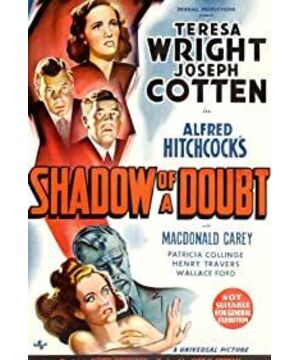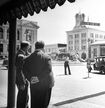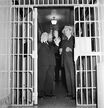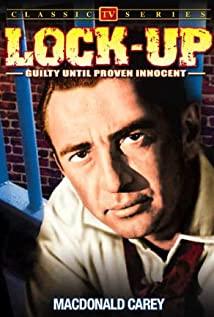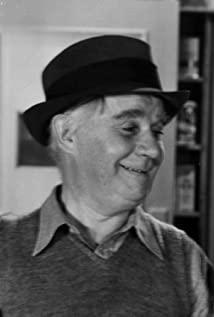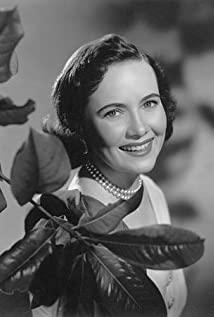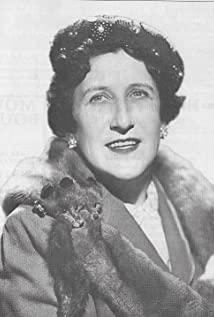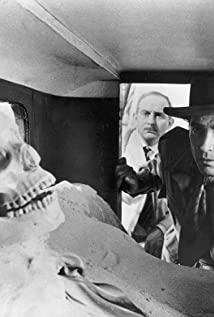Uncle Charlie: Those widows inherited their husband's property and squandered around. They should have died.
Niece Charlie: But they are also human.
Without this dialogue, the film would be much more mediocre. It is probably that a fugitive escaped to a relative’s house, and then the police began to arrest. The fugitive’s niece admired her uncle very much, but after knowing his fugitive identity, he "righteously kills relatives" (no I acted, just persuading him to leave and creating conditions for the arrest), then the uncle found out that the matter was revealed, and planned to act first, and wanted to push the niece off the speeding train, but in the end he was pushed off the train by the niece. .
But with this dialogue, the whole film’s humanistic care has been raised to a new level, because this dialogue is the only opportunity for Uncle Charlie to persuade the niece not to help the police arrest after discovering that his niece knew he was a fugitive. (There was a similar conversation in the bar later).
Uncle Charlie's remarks are very inflammatory, especially if Charlie's niece is a girl with a strong hatred of wealth, she is likely to agree with his uncle's point of view, justify his behavior, and even regard him as a hero, so as to help his uncle escape arrest.
Fortunately, the niece still said very common but powerful words, "They are all human." No matter what they do wrong, they are always life. Uncle Charlie has no right to deprive them of their lives and property. Uncle Charlie is one. murderer.
Seeing this, I also understand the beginning, why Hitchcock would describe the family of Charlie's niece in large sections. At the beginning of the film, the niece had an argument with his father. She hopes to live a nutritious life and does not want to live just for money every day like her parents (Marx said alienation is also).
It is precisely because Charlie's niece has her own thinking about life, especially the pursuit of a passionate life, that makes her take a humanistic stand in the argument with her uncle. Uncle Charlie couldn't persuade his niece, so he just waited to be arrested. Although he still resisted, the general situation was gone.
The opposite of this movie is Dostoyevsky's "Crime and Punishment". "Crime and Punishment" states that Raskonikov, a poor law student, killed an old woman who used loan sharks. At first he felt that "killing this useless, lice-like old woman" was not a crime. Later, he was "conscientious." "Condemned, in semi-crazy pain. Throughout the novel, Dostoevsky is discussing this issue of life. It is a very typical Torsch's novel, and it also allows us readers to undergo a spiritual baptism. .
View more about Shadow of a Doubt reviews


